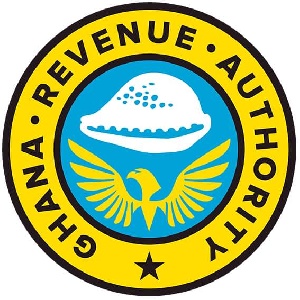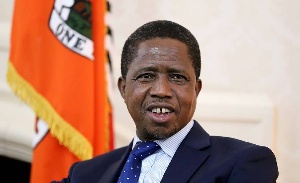- Home - News
- Elections 2024
- News Archive
- Crime & Punishment
- Politics
- Regional
- Editorial
- Health
- Ghanaians Abroad
- Tabloid
- Africa
- Religion
- Photo Archives
- Press Release
General News of Friday, 16 May 2025
Source: www.ghanawebbers.com
Absa expects cedi to eventually settle at GHS14 per dollar by year-end
The local cedi has recently appreciated nearly 19% in one month. It now trades around 13.05 to the US dollar. According to ABSA Bank Research, this rally is due to rising gold prices and high cocoa values. Additionally, Ghana's foreign reserves have significantly recovered, reaching a multi-year high.
ABSA's latest report warns that the cedi is overvalued by about 20%. The currency surged from GHS 15.50 to GHS 13.05 per US dollar in just one month. Based on real effective exchange rate (REER) models, it is overvalued by as much as 19%.
ABSA forecasts a correction to around GHS 14.00/USD by year-end. This adjustment would help align the exchange rate with purchasing power parity. Nikolaus Geromont, ABSA’s lead analyst for Sub-Saharan Africa, stated that the cedi has rallied too aggressively.
The report highlights that the cedi's rise is supported by increased export revenues from gold and cocoa. Gold prices have reached over $3,300 per ounce due to geopolitical tensions and safe-haven investments. Cocoa prices remain high because of expected poor harvests in Ivory Coast.
Ghana's more stable weather has improved local cocoa output. These factors have boosted Ghana’s foreign exchange reserves, which now cover three months of imports. This is an increase from 1.8 months a year ago.
The Bank of Ghana has aggressively accumulated gold instead of fiat currency. The newly created Ghana Gold Board also streamlines export flows into official coffers. The report notes that the REER is at its most stretched level in over a decade.
It warns that Ghana’s export competitiveness may be at risk unless the currency realigns with economic realities. ABSA projects slight weakening of the cedi in upcoming quarters, ending 2025 at around GHS 14.19/USD.
The average for 2025 is expected to be GHS 14.16/USD, which is better than the projected average of GHS 14.50/USD for 2024. However, ABSA cautions that current market enthusiasm may not last long.
Looking ahead, new gold mines like Cardinal-Namdini and Ahafo South are expected to start operations in 2025. These developments will likely reinforce reserves and inflows into the economy.
A gradual correction in the currency is necessary to maintain stability and avoid undermining recent gains made in stabilizing the economy.










